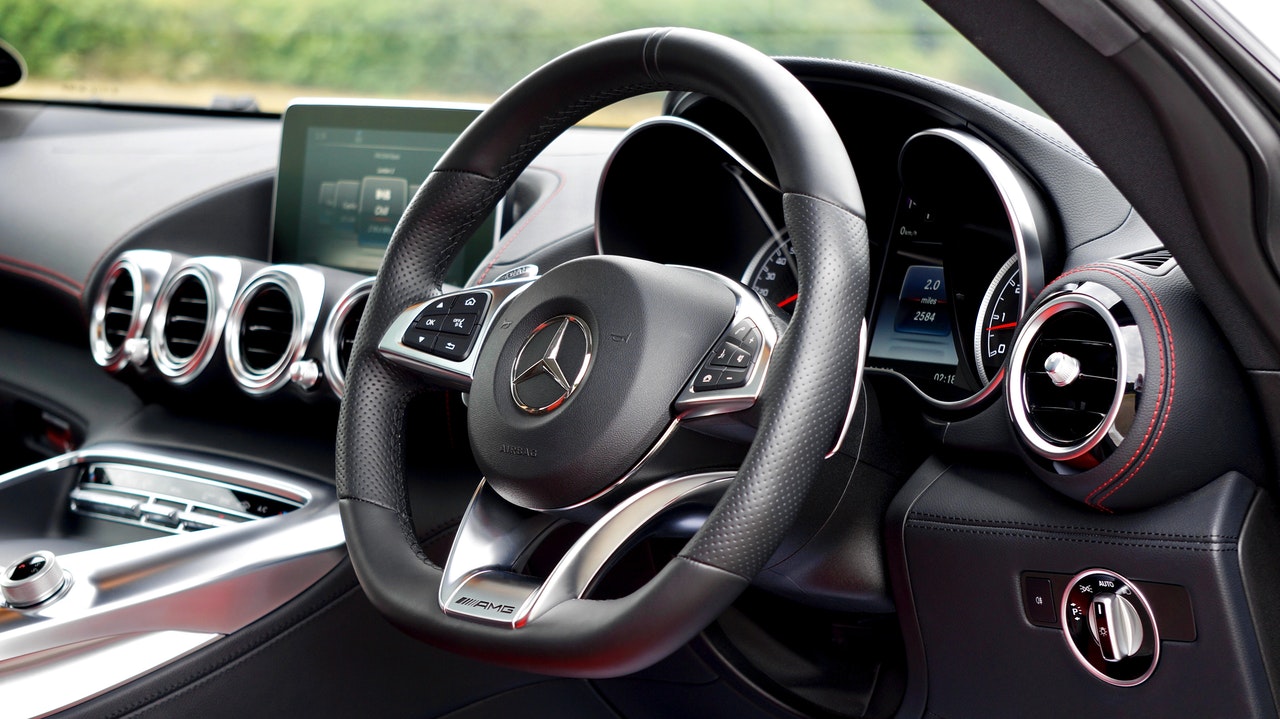
Commute or drive yourself to work: Which is more practical?
Thanks to the one who discovered the wheel, you can get to work in 30 minutes or less at a distance that you would have spent hours, if not the whole day walking. Vehicles provide a great deal of convenience while allowing us to save time. When it comes to the business world, they enhance efficiency and increase productivity. Whether you’re employed in a particular company or you run your own business in town, most of us have two main options. You can either drive yourself to work if you own a car or commute using public means such as taking the train, boarding the bus, or taking a cab.
But then again, all these three options have their own merits and demerits. In a nutshell, while a cab or your car can allow you to save the time spent on traffic stops and provide you with privacy, the train is much faster in most cases, and taking the bus tends to be cheaper considering the costs of gas today.
This then begs the question, which one is more practical between commuting and driving yourself to work?
Let’s take a look at both of these options to see if we can come to some kind of conclusion.
Commuting with Public Transport
Why you should commute
One of the biggest benefits of commuting to work is that the overall costs are less compared to driving. Additionally, as earlier mentioned, public transport means such as trains, are faster compared to personal vehicles. This means that to some extent, you can save a great deal of time and even get to work earlier if you’re up for it. Additionally, public commute may involve some walking, which is good for your heart and your overall health. Some studies have also shown that taking the train could be healthier than driving.
The drawbacks of commute
On the other hand, when commuting, there’s always a risk that you might not make it in time to catch the train or the bus in good time. In such a case, you’re forced to wait another 30 minutes to probably an hour for the next bus or train. Not only is this an inconvenience, but it can also end up costing you your job if you get into the habit of coming to the office late. Even if you’re self-employed, there’s always a risk of losing customers from missed appointments. With public commute, you also don’t have to worry about auto insurance unless you own a car.
Additionally, compensation can be a huge challenge in the case of an accident and you’re injured in a public transportation vehicle. Dairn Shane from Preszler Law says that the most frequent cause of accidents for passengers aboard public transit vehicles is sudden stops, usually when the driver has to brake suddenly to avoid an accident. Such a risk is really worth re-considering whether commuting is the best way to go. Also, you may not be in control of the music playing on public commute vehicles, let alone things such as air conditioning.
Furthermore, ticket or fare prices may fluctuate depending on the time you’re traveling, which can be pretty tedious when it comes to budgeting.
Driving Yourself to Work
Why you should drive to work
Truth be told, just owning a car has many benefits. The main benefit of using your personal means to work is the convenience it gives. When driving yourself to work, you are in total control of your comfort. Additionally, you can easily avoid some extremely busy routes and save and save some time on the road, not forgetting that you have no bus stops or substations to worry about. Moreover, you can get yourself comprehensive insurance, which gives you a more adequate cover in case you’re involved in an accident.

Image credit: https://www.ratedradardetector.org/
The drawbacks of driving to work
The biggest disadvantage of driving to work is that it can really be costly, considering that you have to buy a car. In addition, gas is among the most expensive commodities today. Especially if you’re driving long distances to work, personal commute can be really costly and you might find yourself spending thousands of dollars each year on gas. Car insurance is also another cost that you have to incur. Add this to the fact that finding a parking spot in town can be a real hassle and you might as well be forced to leave your car home every once in a while.
From the pointers above, you can see that both options have their own good and bad sides. For instance, commuting can be ideal when your workplace is many miles far away from your home and you’d like to save some money out of your travel budget. on the other hand, personal commute can be great if you live near town, you value your personal space, and you’d like a less strict schedule. Nonetheless, whether to commute or drive tends to be more of a personal choice and you can make a decision based on your preferences.















